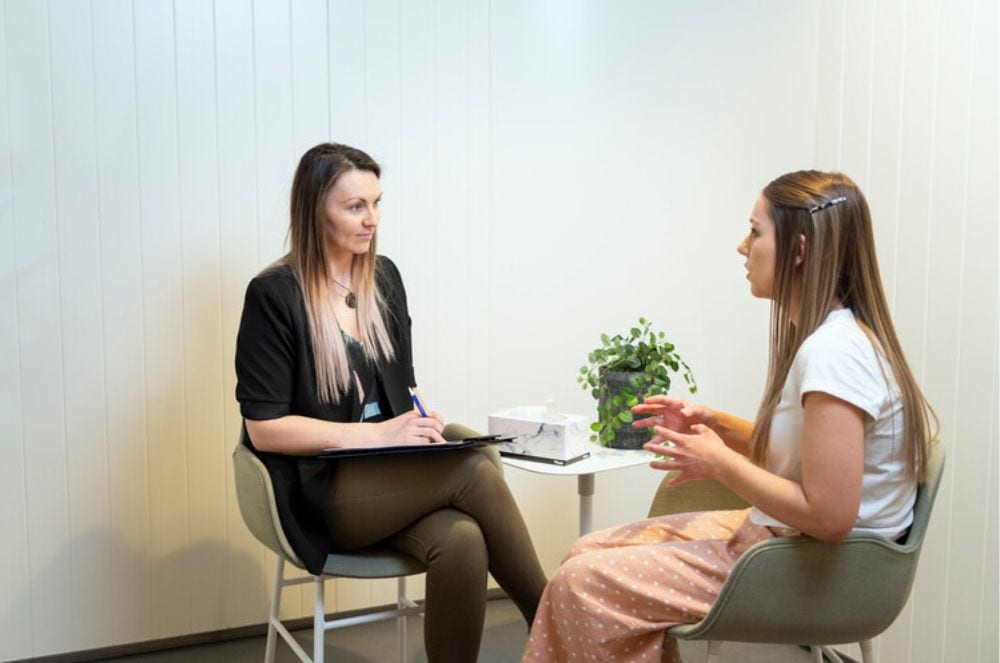This course requires knowledge of theory and the skills of cognition, literacy and numeracy.
Knowledge and cognitive skills
Consistent knowledge and effective cognitive skills must be demonstrated to provide safe and competent nursing and/or midwifery care. This includes:
- The capacity to locate appropriate and relevant information
- The ability to process information relevant to practice
- The ability to integrate and implement knowledge in practice.
Why is this an inherent requirement?
Safe and effective delivery of nursing care is based on comprehensive knowledge that must be sourced, understood and applied appropriately.
What support can be provided?
Support must ensure that a clear demonstration of knowledge and cognitive skills is not compromised or impeded. Support specific to the individual can be discussed with the Program Director or access and inclusion support staff.
What examples may demonstrate that you have met the requirement?
- Ability to conceptualise and use appropriate knowledge in response to academic assessment items
- Applying knowledge of policy and procedures in the clinical setting.
Literacy (language)
Competent literacy skills are essential to provide safe and effective delivery of care. This includes:
- The ability to acquire information and accurately convey appropriate, effective messages
- The ability to read and comprehend a range of literature and information
- The capacity to understand and implement academic conventions to construct written text in a scholarly manner.
Why is this an inherent requirement?
The ability to acquire information and to accurately convey messages is fundamental to ensure safe and effective assessment, treatment and delivery of care. The ability to read, decode, interpret and comprehend multiple sources of information is fundamental for the safe and effective delivery of nursing and/or midwifery care.
What support can be provided?
Support must achieve a capacity to effectively acquire, comprehend, apply and communicate accurate information. Support specific to the individual can be discussed with the Program Director or access and inclusion support staff.
What examples may demonstrate that you have met the requirement?
- The ability to listen to information, for example, on the telephone, in an emergency, in tutorials
- The ability to convey a spoken message accurately
- The ability to paraphrase, summarise and reference in accordance with appropriate academic conventions
- Demonstrates accurate, concise and clear nursing documentation.
Numeracy
Competent and accurate numeracy skills means that you have the ability to interpret and correctly apply data, measurements and numerical criteria.
Why is this an inherent requirement?
Competent and accurate application of numeracy skills is essential in nursing to facilitate the safe and effective delivery of nursing and/or midwifery care.
What support can be provided?
Support must demonstrate a capacity to interpret and apply concepts and processes appropriately in a timely, accurate and effective manner. Support specific to the individual can be discussed with the Program Director or access and inclusion support staff.
What examples may demonstrate that you have met the requirement?
- Performing accurate drug calculations
- Demonstrating accurate recording on a fluid balance chart
Sensory ability
This course requires adequate visual, auditory and tactile abilities (sight, hearing, touch).
Visual ability
Students must demonstrate sufficient visual acuity to perform the required range of skills.
Why is this an inherent requirement?
Adequate visual acuity is required to provide safe and effective nursing care. Sufficient visual acuity is necessary to demonstrate the required range of skills, tasks and assessments to maintain consistent, accurate and safe care of self and to others. Visual observations, examination and assessment are fundamental to safe and effective nursing practice.
What reasonable adjustments can be made?
Adjustments must address the need to perform the full range of tasks involved in clinical practice. Any strategies to address the effects of the vision impairment must be effective, consistent and not compromise treatment or safety. Adjustments specific to the individual can be discussed with access and inclusion support staff.
What examples may demonstrate that you have met the requirement?
- Accurately drawing up medication to administer
- Observing and detecting subtle changes in wounds and patient condition.
Auditory ability
Auditory ability is required to provide sufficient aural function to undertake the required range of skills.
Why is this an inherent requirement?
Auditory ability is required to provide safe and effective nursing care. Sufficient auditory ability is necessary to monitor, assess and manage an individual's health needs consistently and accurately. Auditory assessments and observations are fundamental to safe and effective nursing and/or midwifery practice.
What reasonable adjustments can be made?
Adjustments must address the need to perform the full range of tasks involved in clinical practice. Any strategies to address the effects of the hearing loss must be effective, consistent and not compromise treatment or safety. Adjustments specific to the individual can be discussed with access and inclusion support staff.
What examples may demonstrate that you have met the requirement?
- Accurately undertaking a blood pressure measurement by auscultation
- Detecting care request by activation of call bell or calls for help.
Tactile ability
Sufficient tactile ability is required to perform competent and safe nursing care. This includes adequate tactile function sufficient to undertake the required range of skills and assessments.
Why is this an inherent requirement?
Sufficient tactile ability is necessary to monitor, assess and detect patients' physical characteristics and act on any abnormalities detected to provide thorough nursing care. Tactile assessments and observations are fundamental to safe and effective nursing and/or midwifery practice.
What reasonable adjustments can be made?
Adjustments must have the capacity to make effective assessments of physical characteristics and abnormalities within safe time frames. Adjustments specific to the individual can be discussed with access and inclusion support staff.
What examples may demonstrate that you have met the requirement?
- Detecting any changes in circulation observations e.g. temperature and pulse palpation
- Conducting a physical assessment and detecting any anatomical abnormalities.









